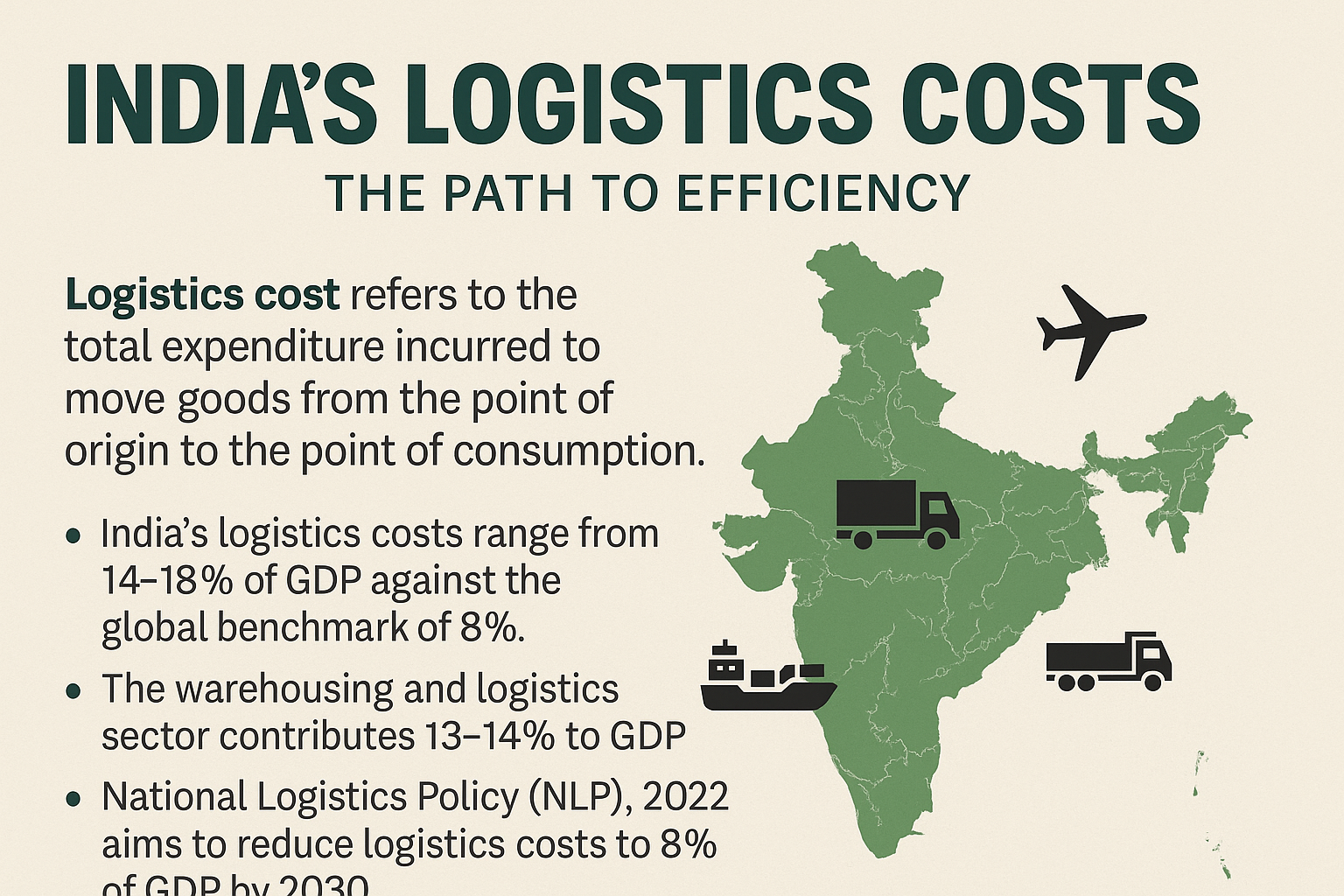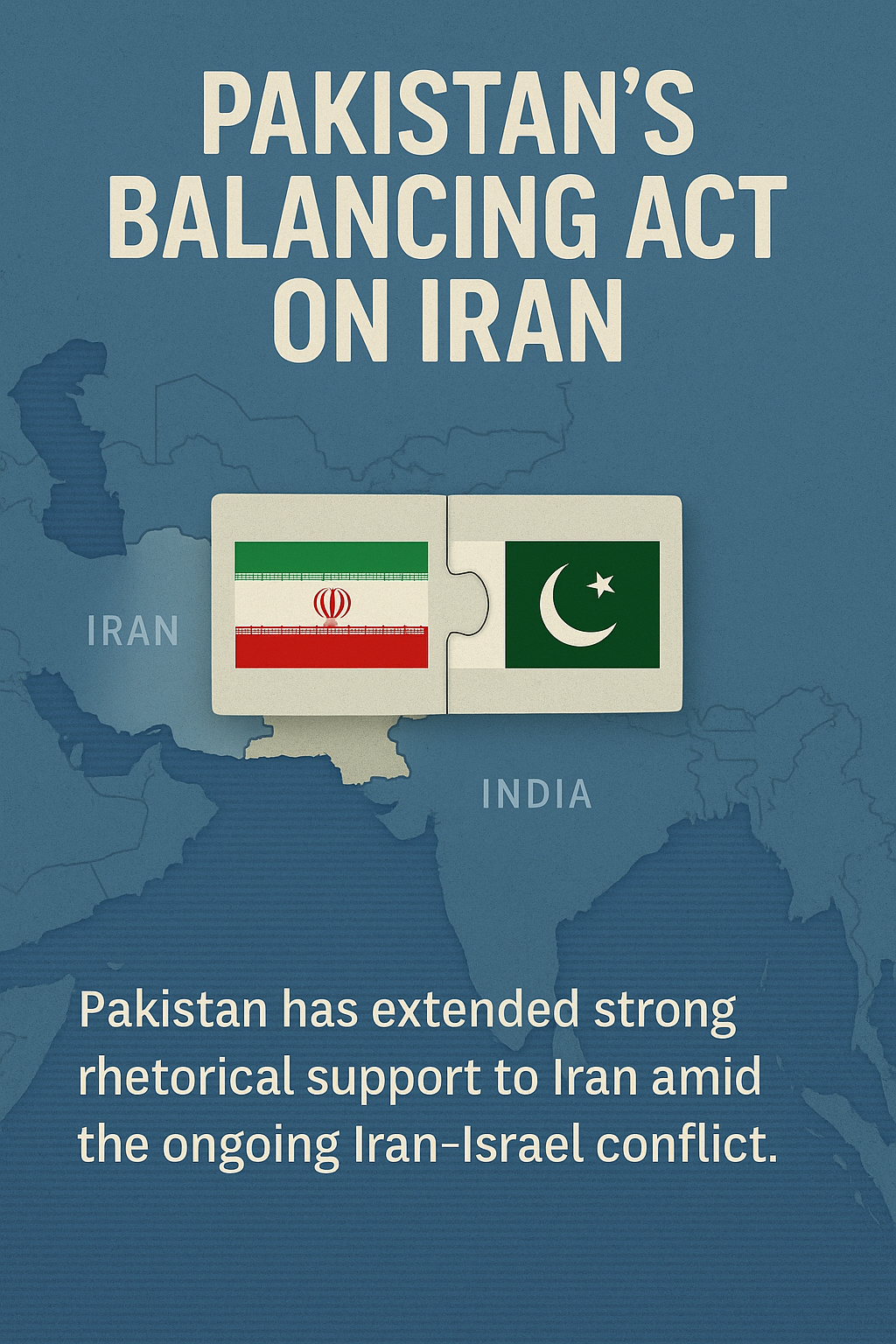045.
🗂️ Topic: Polity / Parliament Functioning / Governance
Debate on Party Whips: Vice President Sparks Discussion on MPs’ Freedom and Parliamentary Democracy
Introduction
A fresh wave of debate has emerged in India’s political landscape, following Vice President Jagdeep Dhankhar’s remarks questioning the rigid enforcement of party whips. He voiced concerns that the whip system suppresses an MP’s freedom of expression, igniting a broader conversation about the balance between party discipline and individual autonomy in a parliamentary democracy.
🧾 What is a Party Whip?
- A party whip is an official appointed by political parties to enforce party discipline.
- Responsibilities:
- Ensure attendance during votes
- Direct members to vote in line with the party’s stance
- Maintain cohesion within the party
- Violation of the whip, especially under a three-line whip, can result in disqualification under the Anti-Defection Law.
🕰️ Historical Origins
- The term “whip” comes from English hunting terminology.
- Edmund Burke formalised the concept in political use.
- In India, the whip system was adopted at the start of parliamentary democracy post-independence, to ensure stability in legislative functioning.
📌 Why the Whip System Matters
| Purpose | Function |
|---|---|
| Ensure party unity | Prevents conflicting votes on key policies |
| Maintain government stability | Especially important in coalition governments |
| Reinforce party ideology | Aligns MPs’ actions with collective party goals |
| Mobilise support | Critical for passing bills and surviving no-confidence motions |
🔁 Types of Whips
| Type of Whip | Meaning |
|---|---|
| One-line whip | Member is informed of a vote; attendance is optional |
| Two-line whip | Member should be present for the vote but may vote as they wish |
| Three-line whip | Member must attend and vote strictly as per the party’s direction. Violation may lead to disqualification |
🧑⚖️ Enforcement and Accountability
- Chief Whip: Coordinates discipline and attendance.
- Minister of Parliamentary Affairs acts as the chief whip in Lok Sabha.
- In Rajya Sabha, the Minister of State for Parliamentary Affairs takes charge.
- Additional whips support in ensuring coordination.
⚖️ Legal Backing: Anti-Defection Law
- Established through the 52nd Constitutional Amendment (1985).
- Prevents MPs and MLAs from defecting or voting against party lines.
- Reinforced by the Supreme Court to uphold party-based governance.
🗣️ Concerns and Criticism
- Critics argue the whip system:
- Restricts individual conscience and democratic debate
- Turns MPs into mere vote-casters rather than independent representatives
- Vice President Dhankhar’s concerns bring attention to:
- The need for parliamentary reforms
- Greater freedom in non-critical votes
🤝 Whip Conferences in India
- All-India Whips Conference:
- Held since 1952
- Provides a forum for dialogue among whips of different parties
- Helps to standardise best practices, resolve procedural issues, and build cross-party understanding
✅ Conclusion
The debate over whips lies at the heart of India’s parliamentary practice — a delicate dance between collective responsibility and individual voice. As institutions evolve, the conversation around reforms in the whip system may lead to more balanced and participatory governance.















